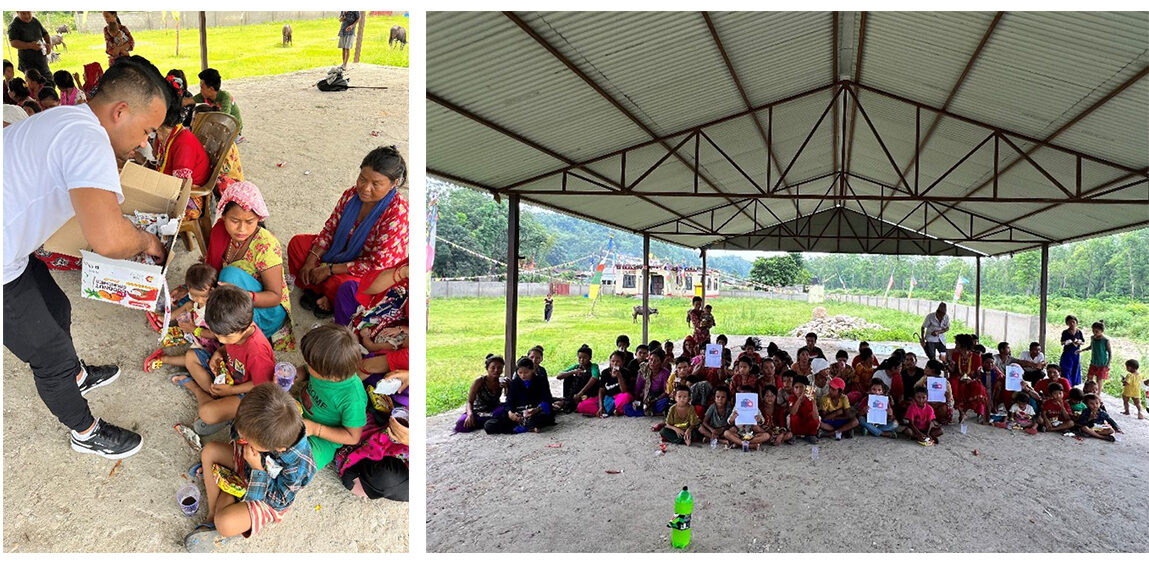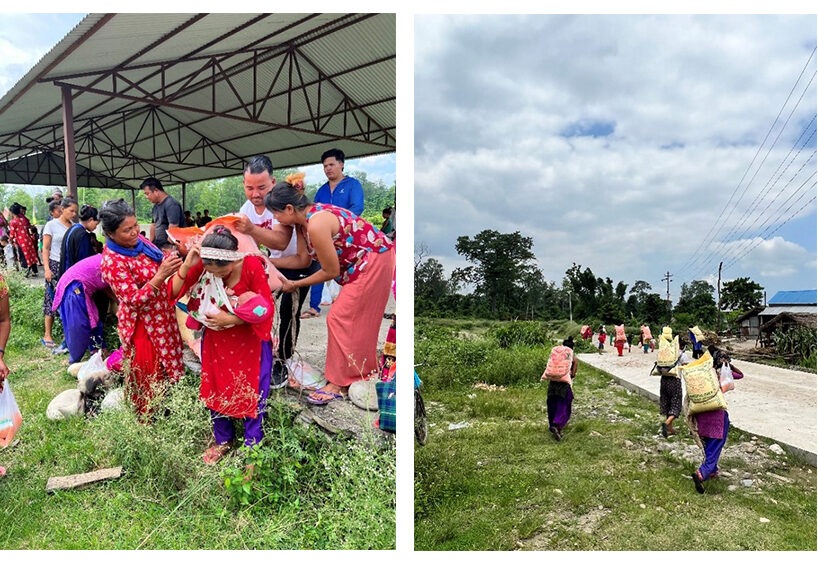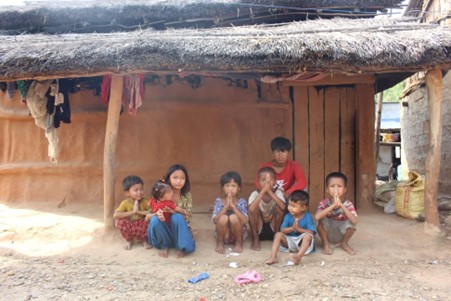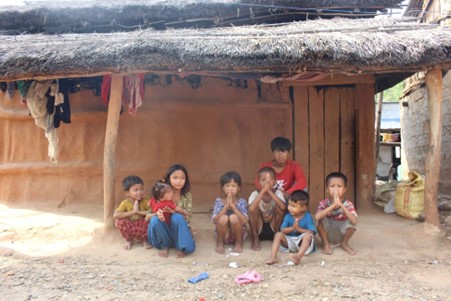“The Chepang, also known as Chewang, are a Tibeto-Burman ethnic group from the rugged ridges of the Mahabharat mountain range of central Nepal. With increasing populations, lack of arable land and few irrigation options, malnutrition has been a historic problem for the Chepang despite forest supplements.
The Chepang have often been characterized as the poorest of Nepal’s poor. Forced teenage pregnancies are common. Chepang men and women are basically egalitarian and no social ranking exists as it does in caste Nepalese society. Many Chepang cannot read and write due to a lack of education beyond elementary school, and this illiteracy stands in contrast to the great gains Nepal has been making in reducing illiteracy. They are mostly located in Dhading District, Chitwan District, Gorkha District, Makwanpur District, and Tanahu District.”
– Source: Wikipedia – Chepang people
One of our values at HLF is distancing desperation and we have always found we are led to the right people, at the right place, at the right time. Whilst in the Chitwan region for recent training, Rabindra was alerted to a local Chepang group of people living in Makwanpur village, within the plain regions of the Chitwan District. As these people are described as the “poorest of the poor”, that is certainly saying something, and it’s exactly the community that HLF is committed to supporting.
After doing some investigating about this community and their needs, Rabindra returned to the village that week and met with these people. HLF had provided enough supplies to feed 15 families and 36 families turned up looking for help. But with the support of the local Monastery, and Rabindra’s recent trekking funds, we were then able to supply all 36 families with over 1000kg of rice, 72kg of lentils, oil, rice, and salt for a month of kai (food) – ingredients for the main staple of the Nepali diet – Dahl Baht. As well as some biscuits and drinks for the children!

Food distribution July 2022.

Left: Loading up to head back to their village.
Right: The trek back home with enough food to last a month.
Rabindra had plenty of concern for these people, including (early) teenage pregnancy and whanau living under plastic sheets and blankets, so providing this emergency food will give us enough time to come up with a long-term plan to support these people who are in such dire need of care.
Watch this space for our ideas on how you can assist us in supporting others.

Sunachuri Village July 2022.

Children living in Sunachuri Village.

